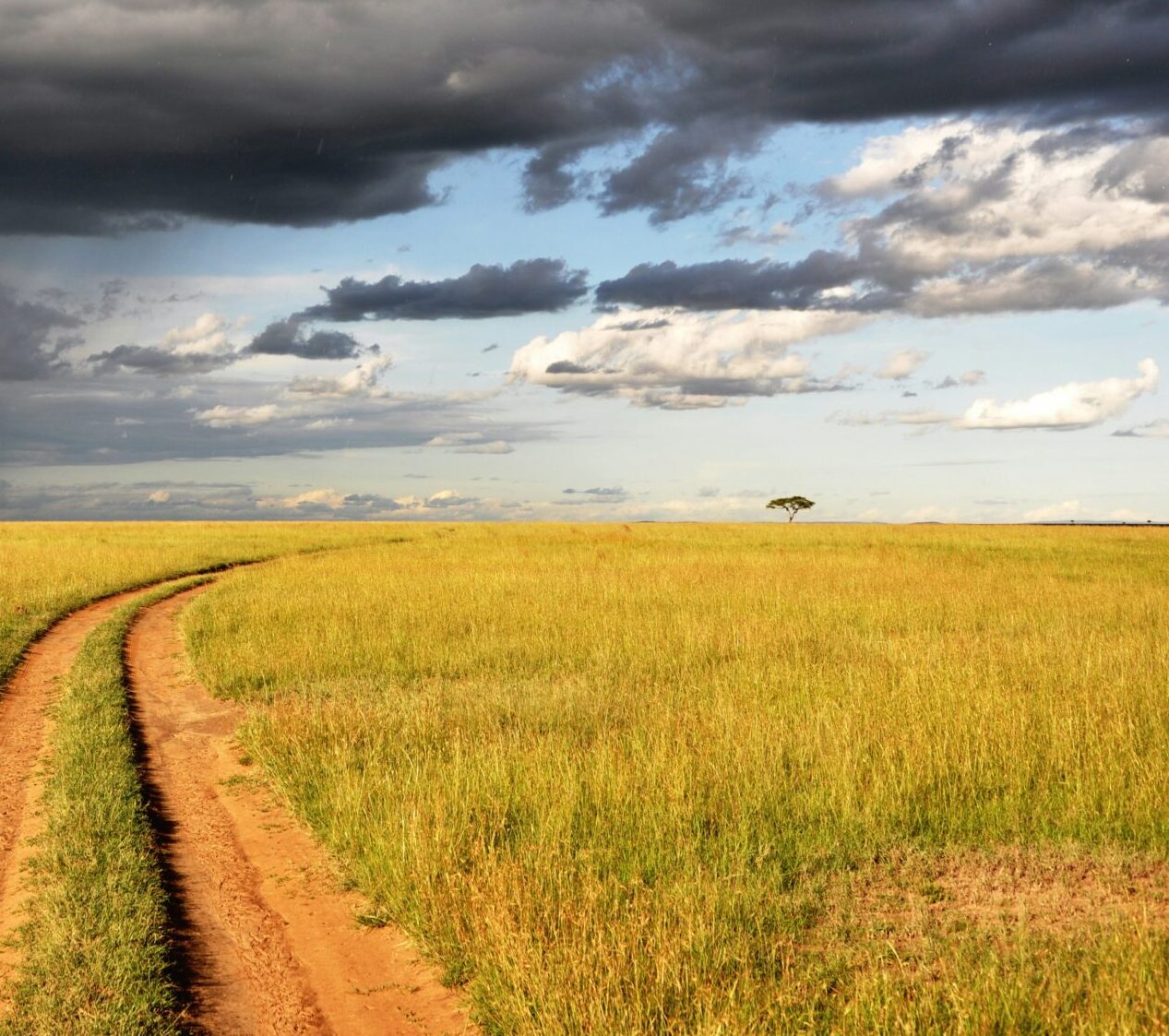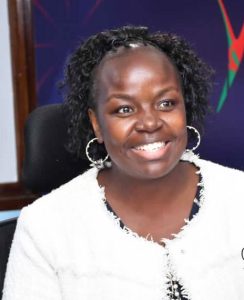
A Kenyan Gender Expert Championing Effective Gender Analysis for Inclusive Climate Action
/
Authored by AWARD Communications
Jackline Makokha believes that rigorous, scientific data well analyzed and packaged is critical in highlighting the fundamental importance of gender considerations in climate action.

Born in rural Kenya’s Western region, Jackline is the youngest of three girls. Her parents were strict disciplinarians, owing to their professions – her father was a policeman and her mother a teacher and they also farmed.
“My school fees was paid by sugarcane so it is a crop that I cherish,” shares Makokha. “As a child, I wanted to be a policewoman as my dad was my role model.”
With education and exposure, her career aspirations started changing. It was her father’s wish to see his daughter travel and be exposed to different cultures and places, thus he wanted her to be an air hostess. She studied sociology and German for her first degree at the University of Nairobi, she viewed mastering the language as an avenue for travel. “I have travelled to many places,” says Makokha, sadly her father died she was in university and never saw his dream for her come to fruition.
Upon graduation, Makokha found work in the social sector. While working at the YMCA, her supervisor, Eric Kibinu suggested she pursue a career in community development. “You seem to like working with communities,” said Kibinu. Heeding his advice, Makokha pursued a master’s degree in gender studies, expanding her knowledge in her field of work. Makokha’s interest in climate change grew when she was assigned to the Ministry of Environment to mainstream gender. She worked closely with colleagues in the environment sector for two years and grew fond of the issues, amassing knowledge and experience.
In 2023, Makokha was nominated as the United Nations Framework Convention on Climate Change (UNFCCC) Gender Focal Point for Kenya where she serves as Kenya’s lead negotiator on gender and climate. “I ensure that Kenya complies with UNFCCC decisions,” explains Makokha, adding that her role as liaison between the UNFCCC and the Kenyan government, includes disseminating and implementing decisions related to gender and climate change. Makokha emphasizes the importance of self-empowerment through knowledge acquisition, especially in male-dominated fields, to gain respect and confidence when engaging in climate-related discussions.
Makokha is adamant in addressing the misconception that gender only refers to women and calls for the need to approach gender issues from a collective perspective.
“Sometimes there are pre-conceived mindsets and mind blocks about gender,”
says Makokha, adding that gender matters in every policy intervention. She highlighted the challenges of convincing colleagues about the relevance of gender in various policies and project interventions. To help address this, Makokha underlined the significance of using scientific data to support gender-related arguments.
“Gender analysis and data is very important when negotiating or convincing colleagues to consider gender. When you present it in a scientific way or using a scientific angle, it sells!”
She provided examples of gender considerations in road construction, including equitable treatment of contractors and the need for disability-friendly roads, that cater for all users.
Makokha calls for more funding to enable actors to drive the gender agenda in climate action. She also highlighted the importance of empowering women with knowledge and information about climate change to enhance their visibility and voices in climate action conversations. She expressed her appreciation for the AWARD Climate Fellowship noting that “it has the potential to create a critical mass of women leaders in climate action.” Makokha cited the benefits of the fellowship, such as networking.
Jackline Makokha, Director and National Gender and Climate Change Focal Point at the Ministry of Gender, Culture in Kenya, is one of a growing number of Fellows in the CLARE-funded Fellowship on accelerating African women’s leadership in climate action. Climate Adaptation and Resilience (CLARE) is a flagship research programme on climate adaptation and resilience, funded mostly (about 90%) by UK Aid through the Foreign Commonwealth and Development Office (FCDO), and co-funded by the International Development Research Centre (IDRC), Canada. CLARE is bridging critical gaps between science and action by championing Southern leadership to enable socially inclusive and sustainable action to build resilience to climate change and natural hazards. The views expressed herein do not necessarily represent those of the UK government, IDRC or its Board of Governors. Learn more about CLARE

